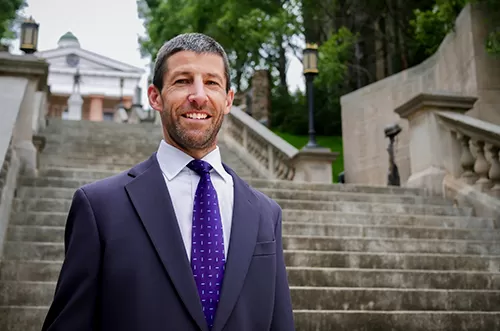In re Kerlavage v. America's Home Place, Inc., 2019 Va. Cir. LEXIS 1188 (Spotsylvania Cnty. Cir. Ct. Dec. 16, 2019)
In re Kerlavage v. America's Home Place, Inc., 2019 Va. Cir. LEXIS 1187 (Spotsylvania Cnty. Cir. Ct. Dec. 23, 2019)
According to Jeffrey Kerlavage’s (“Kerlavage”) Amended Complaint, he contracted with America’s Home Place, Inc. (“AHP”) in June and July of 2014 to build a home. Construction began in October of 2014. AHP hired several subcontractors to perform work on the home. Specifically, Indoor Comfort Experts, LLC (“ICE”) to install an HVAC system, Building Services Group d/b/a Cary Quality Insulation and Building Products (“Cary Quality”) to install a vapor barrier within the crawl space, Vangorder Contracting, LLC (“Vangorder”) for carpentry in the crawl space, Brandonbilt Foundation, Inc. (“Brandonbilt”) to waterproof the home and lay a foundation drain in the crawlspace, and PermaTreat Pest Control Company (“PermaTreat”) to remediate mold in the home. After
moving into the homes Kerlavage’s son noticed mold growth in the crawl space. An AHP employee admitted there was mold growth in the home during construction and that AHP hired PermaTreat to treat the mold during construction. After the Court overruled demurrers to Count VII A-D for Negligence on March 11, 2019, the Virginia Supreme Court decided Tingler v. Graystone Homes on October 31, 2019, which provided a new analysis of the issues.
Upon reexamination of Count VII and Count XII, the Court found that Kerlavage’s Amended Complaint failed to state a valid cause of action for negligence. If the cause of action is for an act or omission or nonfeasance that, without proof of a contract to do what was left undone, would not give rise to a cause of action, then the action is founded in contract and not in tort. Tingler provided guidance on how to apply the distinction when a personal injury tort claim is brought for failing to properly perform certain acts required under a construction contract for a new home for injury caused after delivery of the home to the owner. The court is to examine the gist of the cause of action through the prism of the contractual relationship where one exists. Here, AHP and the subcontractors failed to carry out their work properly and this caused injury to Kerlavage. Even if the Court assumed remediation was a repair separate from the construction effort, which the Court did not, Kerlavage still did not sufficiently plead negligent repair because he did not allege additional harm caused by the failed remediation or that the remediation featured attempts to conceal remaining mold. Rather, Kerlavage alleged that when AHP and PermaTreat identified mold growing at the construction site, they failed to treat the mold thoroughly enough to ensure it would not return.





